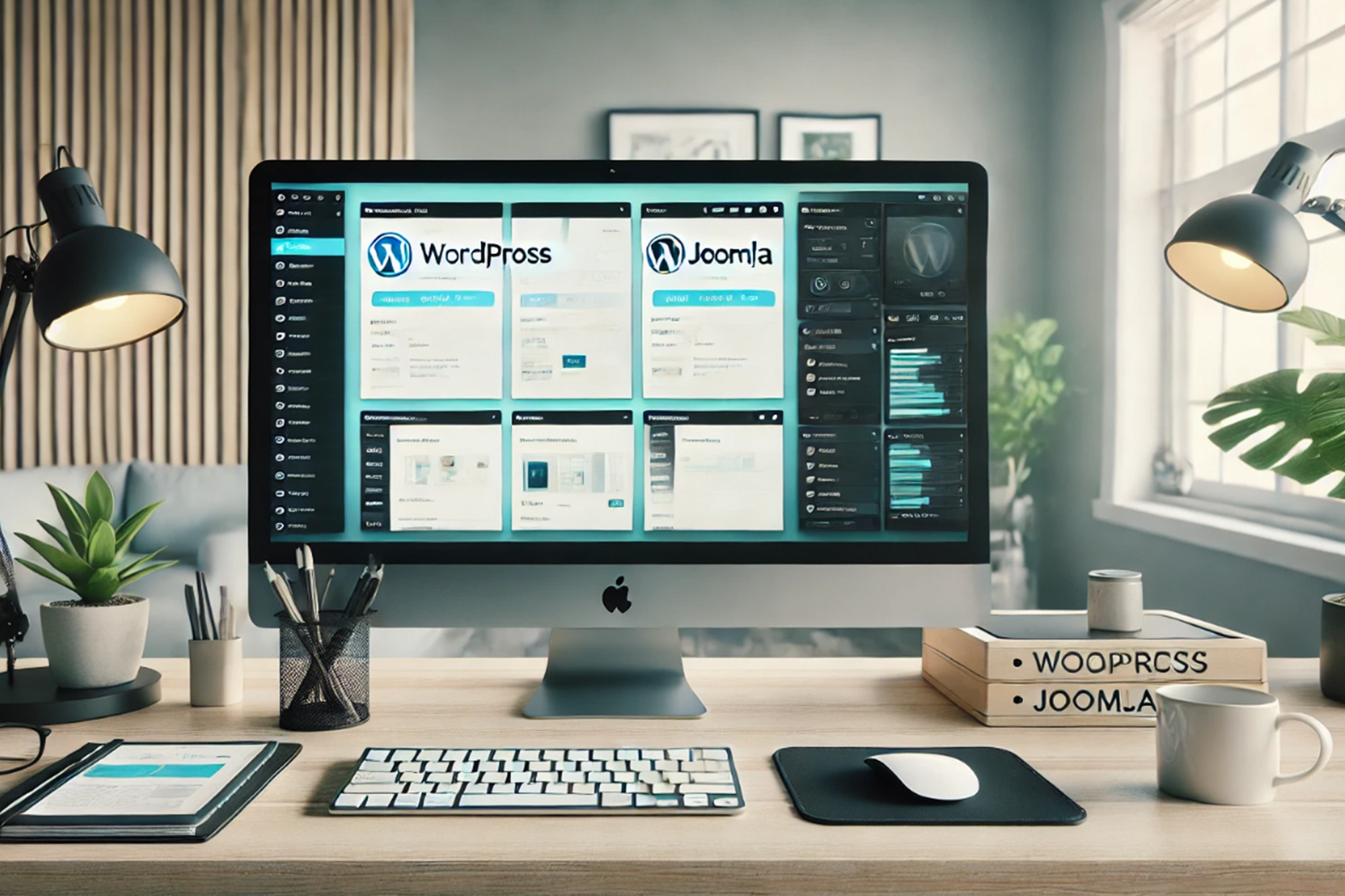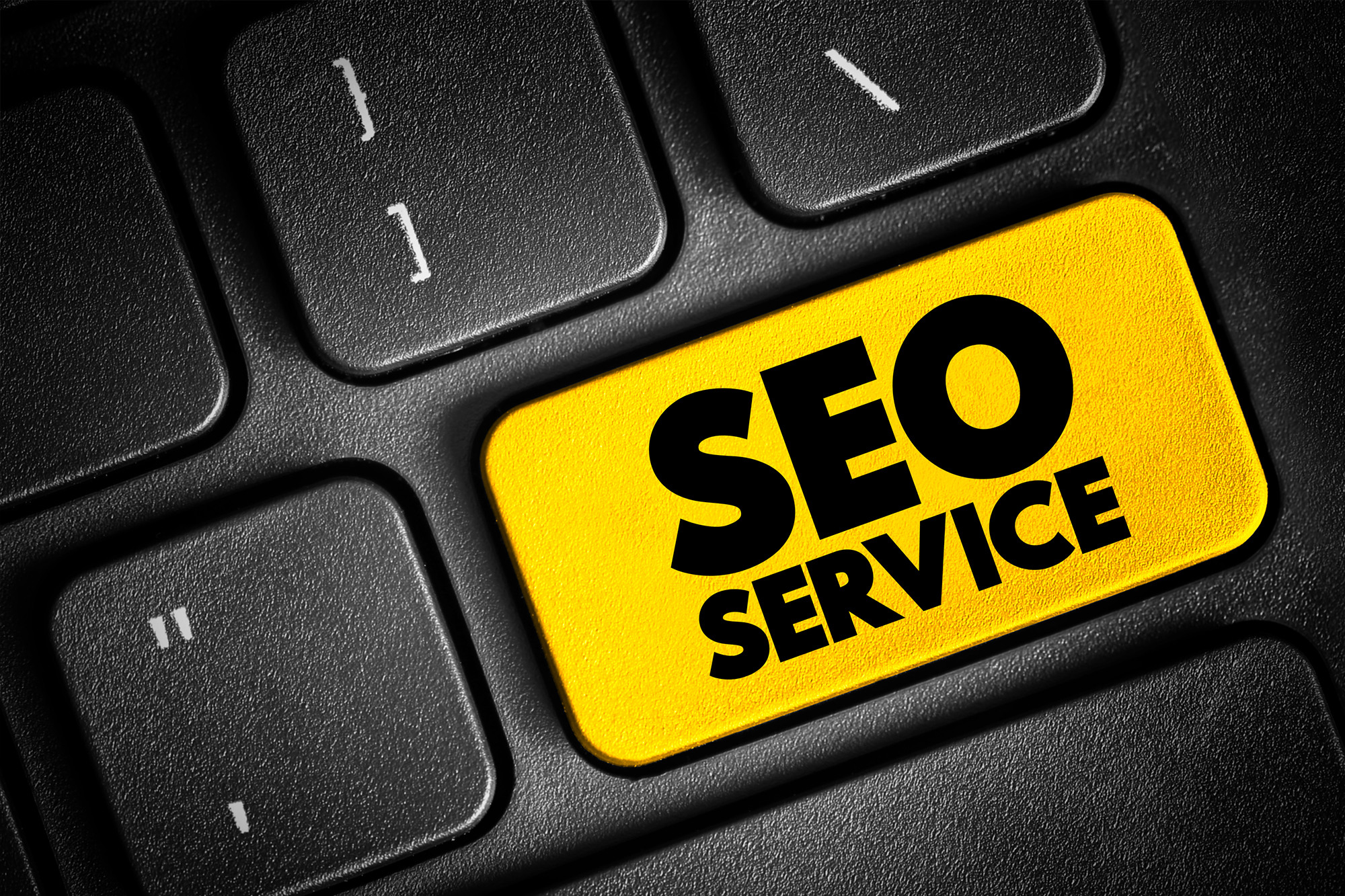Different Pourpose, Different Website
What is the Pourpose of a Website.
The purpose of a website can vary widely depending on the goals and intentions of its owners.
Some websites are geared towards selling products and other websites are geared towards providing practical information.
Here are some common purposes for creating and maintaining a website:
- Information Sharing: Many websites are created to provide information about a particular topic, product, service, or organization. These websites serve as platforms to educate and inform visitors.
- Online Presence: For businesses and organizations, a website acts as an online representation of their brand, providing essential information like contact details, location, products or services offered, and more.
- E-Commerce: E-commerce websites are designed to facilitate online buying and selling of products or services. These websites often include features like shopping carts, product catalogs, and secure payment gateways.
- Blogging or Content Creation: Some websites are dedicated to sharing regular updates, articles, blog posts, and other forms of content on specific topics of interest.
- Entertainment: Websites can provide entertainment through various means, such as streaming videos, games, quizzes, and interactive experiences.
- Community Building: Social media platforms, forums, and online communities bring people with similar interests together to share ideas, discuss topics, and connect with one another.
- Educational Purposes: Educational institutions, online courses, and e-learning platforms use websites to deliver educational content and facilitate learning experiences.
- Promotion and Marketing: Websites are used to promote products, services, events, and campaigns. They can act as a hub for marketing efforts, showcasing features and benefits.
- Communication: Websites can serve as a means of communication between organizations and their audience, providing updates, news, and announcements.
- Portfolio: Professionals in creative fields, such as artists, designers, photographers, and writers, use websites to showcase their work and attract potential clients.
- Resource Hub: Websites can serve as a centralized source of information or resources, such as research papers, tutorials, guides, and downloadable materials.
- Government and Nonprofit Initiatives: Government agencies and nonprofit organizations use websites to provide citizens with information, services, and resources related to public services, policies, and initiatives.
- Personal Expression: Some individuals create websites as a form of personal expression, sharing their thoughts, experiences, hobbies, and interests with the world.
- Networking and Professional Identity: Professionals use websites to establish an online presence, showcase their skills, and network with peers in their industry.
- Data Collection and Analysis: Websites can be designed to collect user data, feedback, and insights for research, analysis, and improving user experiences.
We can help you choosing the best Website for your needs.
SHOW YOUR BUSINESS NOW!
Share this article.
Related Post
Different Pourpose, Different Website
What is the Pourpose of a Website.
The purpose of a website can vary widely depending on the goals and intentions of its owners.
Some websites are geared towards selling products and other websites are geared towards providing practical information.
Here are some common purposes for creating and maintaining a website:
- Information Sharing: Many websites are created to provide information about a particular topic, product, service, or organization. These websites serve as platforms to educate and inform visitors.
- Online Presence: For businesses and organizations, a website acts as an online representation of their brand, providing essential information like contact details, location, products or services offered, and more.
- E-Commerce: E-commerce websites are designed to facilitate online buying and selling of products or services. These websites often include features like shopping carts, product catalogs, and secure payment gateways.
- Blogging or Content Creation: Some websites are dedicated to sharing regular updates, articles, blog posts, and other forms of content on specific topics of interest.
- Entertainment: Websites can provide entertainment through various means, such as streaming videos, games, quizzes, and interactive experiences.
- Community Building: Social media platforms, forums, and online communities bring people with similar interests together to share ideas, discuss topics, and connect with one another.
- Educational Purposes: Educational institutions, online courses, and e-learning platforms use websites to deliver educational content and facilitate learning experiences.
- Promotion and Marketing: Websites are used to promote products, services, events, and campaigns. They can act as a hub for marketing efforts, showcasing features and benefits.
- Communication: Websites can serve as a means of communication between organizations and their audience, providing updates, news, and announcements.
- Portfolio: Professionals in creative fields, such as artists, designers, photographers, and writers, use websites to showcase their work and attract potential clients.
- Resource Hub: Websites can serve as a centralized source of information or resources, such as research papers, tutorials, guides, and downloadable materials.
- Government and Nonprofit Initiatives: Government agencies and nonprofit organizations use websites to provide citizens with information, services, and resources related to public services, policies, and initiatives.
- Personal Expression: Some individuals create websites as a form of personal expression, sharing their thoughts, experiences, hobbies, and interests with the world.
- Networking and Professional Identity: Professionals use websites to establish an online presence, showcase their skills, and network with peers in their industry.
- Data Collection and Analysis: Websites can be designed to collect user data, feedback, and insights for research, analysis, and improving user experiences.
We can help you choosing the best Website for your needs.





